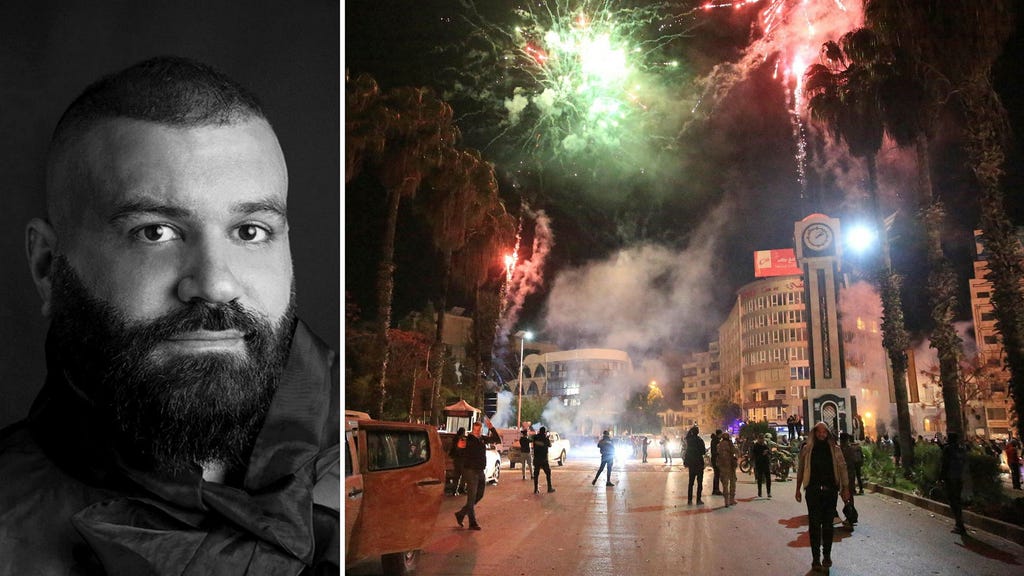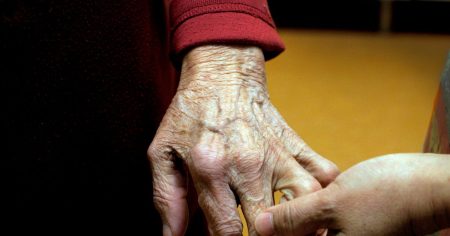The downfall of Bashar al-Assad in December 2024, after clinging to power for over a decade, was not the fall of a dictator, but rather the flight of a common criminal. His reign, inherited from his father Hafez al-Assad, was marked not by statesmanship, but by ruthless violence, the proliferation of the drug Captagon, and opportunistic dealings with any nation willing to collaborate with his regime. To call him a dictator inflates his significance; he was a mere thug, a gang leader who exploited his inherited position to wreak havoc upon his nation. He never earned the presidency, merely inheriting it after a convenient constitutional amendment upon his father’s death. His early years in power were marked by obscurity, the Syrian people largely unaware of his existence until his brother’s funeral in 1994. His subsequent ascension to power was a mere formality, a preordained succession orchestrated by the ruling elite. This inauspicious beginning foreshadowed the calamitous rule that followed.
Assad’s true nature was revealed in 2011, when peaceful pro-democracy protests, initially met with roses and banners demanding freedom, were brutally suppressed by his military. The snipers who targeted those yearning for change in the city streets, the chilling disregard for freedom of expression, and the subsequent influx of extremist groups exploiting the chaos he created, all painted a grim picture of his leadership. Millions of Syrians, fearing for their lives and futures, were forced to flee the devastation he wrought. The international community watched as Syria descended into a bloody civil war, with Assad clinging to power through brute force and foreign intervention. His regime became synonymous with human rights abuses, chemical weapons attacks, and the systematic destruction of civilian infrastructure.
The author, a Syrian exile haunted by the memories of 2011, recounts the surreal experience of witnessing Assad’s downfall from afar. The mundane routines of a weekend are interrupted by the electrifying news from Syria, reports of liberation and celebration filling the airwaves. The author’s home becomes a nexus of conflicting emotions: the familiar comfort of hummus, tea, and freshly baked bread juxtaposed with the heart-pounding realization that the seemingly impossible dream of Assad’s removal was finally coming true. The news of Assad’s flight triggers a flood of memories, transporting the author back to the hopeful spring of 2011, a poignant reminder of the initial promise of the Syrian uprising.
The news of Assad’s flight ignites a wave of jubilation among Syrians worldwide. Social media platforms erupt with expressions of relief, triumph, and hope for the future. The author, caught in the emotional whirlwind, contemplates leveraging the renewed global attention on Syria to advocate for the repeal of Article 520, a discriminatory law criminalizing homosexuality. The author’s personal experience, intertwined with the larger narrative of Syria’s struggle, highlights the profound impact of Assad’s rule on individual lives and the enduring hope for a more just and equitable future.
Assad’s escape was an act of cowardice, a final betrayal of those who had served him, believed in him, or been misled by his carefully crafted persona. He presented himself as an anti-imperialist hero to the left and an anti-Islamist champion to the right, manipulating both sides to maintain his grip on power. In reality, he was a ruthless opportunist willing to negotiate with anyone – Iran, Israel, the US, Russia, even terrorist groups – to preserve his regime. When his allies finally recognized his weakness and the tide turned against him, he fled, revealing his true nature as a mere criminal. His departure unified Syrians across the political spectrum, even those who had once supported him now expressing regret for not joining the 2011 revolution.
The fall of Assad’s reign brought a collective sense of liberation, not just for Syrians but also for Lebanese families whose members had been imprisoned by his regime. The joy of this moment transcended political divisions, uniting Syrians from all backgrounds in a shared celebration of freedom. This moment of unity, however fragile, offered a glimmer of hope for a future where the focus could shift from the oppressive realities of the past to the possibilities of a new beginning. The author’s closing remarks underscore the importance of cherishing this moment of collective euphoria, a hard-won reprieve from years of fear and oppression, before grappling with the complex challenges of rebuilding a shattered nation.














